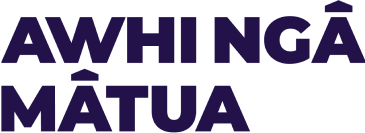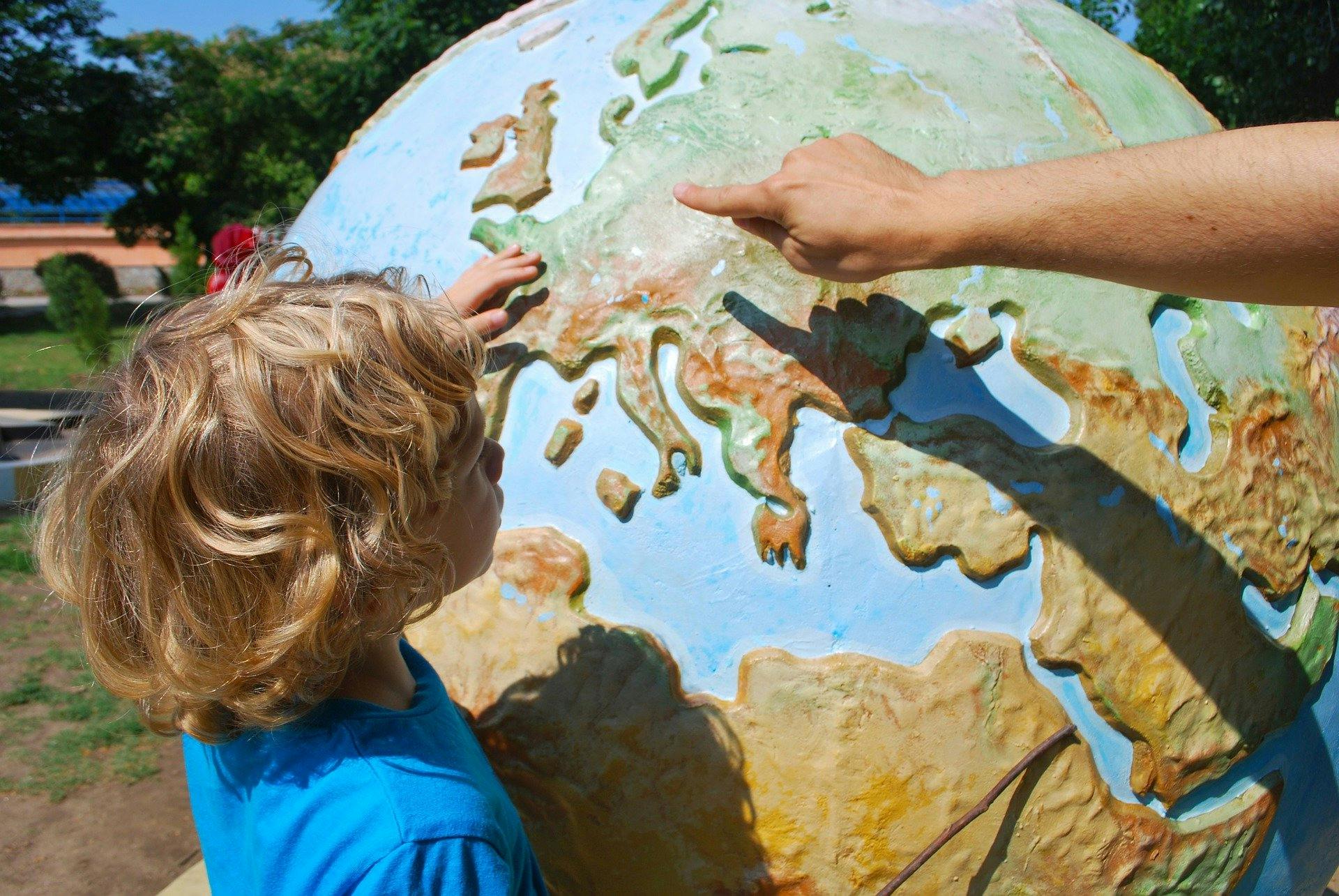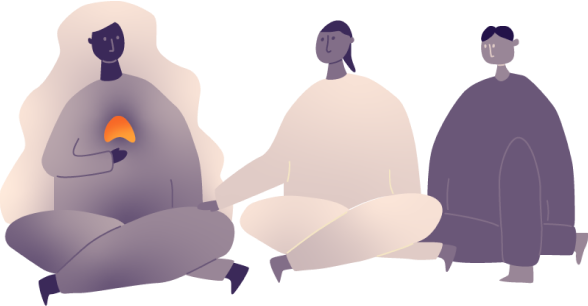Awhi is still in development, we'd love your feedback and suggestions. Let us know.
How do you get a teacher aide?
We get a lot of questions from parents asking how they can get a teacher aide for their child. Here’s some information about the criteria and process to get one.
Teacher aide funding is allocated to some students receiving support through:
- The Ongoing Resourcing Scheme (ORS)
- Their School High Health Needs Fund
- Intensive Wrap Around Service
- Resource teachers of Learning and Behaviour
- In-Class Support
- Learning Support Services (RTLB, Resource Teachers of Learning and Behaviour; Ministry of Education Learning Support Services; Early Intervention, Behaviour, and Communication services)
- School based funding, special education grant
- Agencies (ACC and Oranga Tamariki)
If your child gets support from these services, the Ministry of Education should work with you and the school to understand what’s needed to help your child’s learning and inclusion at school.
This involves everyone working together on a plan that can be implemented across a range of environments and uses a whole range of solutions, from school level to direct supports for your child.
These might include school modifications, teacher “release” and support, additional teaching time for your child, learning resources, assistive technology, further specialist help or teacher aide support. That’s according to the Ministry of Education.
Your child is unfortunately not guaranteed funding for a teacher aide. Funding is allocated according to the “identified support needs of the student”. In theory the funding is allocated based on a “collaborative process between school, family and Ministry of Education staff”.
Many parents feel like this isn’t the case and it can be a long and hard journey to get funding.
As a starting point, here are some things to do – as suggested by the Ministry of Education. You’re probably already doing them, but it’s good to list them just in case:
- Focus on changes that might help in your child’s “environment” that’s Ministry of Ed speak for their surroundings. Basically, what helps at home, will probably help at school
- Think about how you help your child interact– what they like, their interests, what makes them feel calm and safe, what helps them communicate. Their classroom teacher needs to know these things. These things need to be in the learning plan, to help build the teachers relationship with your child and their peers
- Your first step as a parent should be to speak to your school’s Special Education Needs Coordinator (SENCO) or Learning Support Coordinator about your child’s needs. They will work with you and the classroom teacher to develop a learning plan.
It may be that your child has high needs, if this is the case and your child isn’t at school yet, it’s best to apply three to four months before they go to school.
If they’re in school - apply any time.
Applications for ORS can be made for children and students who are:
- in transition to school from an early intervention programme
- five to six years old with little or no involvement in early childhood education
- identified as having a significant rise in their level of need
- recent or intending immigrants to New Zealand
- returning with their families/whānau from overseas.
It’s important to remember: A specific diagnosis isn't needed before you apply.
Forms will be filled out by your school’s SENCO or Learning Support Officer but you should be really involved. Get everyone you know who has been involved with your child to help – from therapists to doctors – anyone who might help with your claim.
Providing information strengthens knowledge of your child’s needs and their supports, in your application process. For example, if you have any therapists for your child - get their involvement too. Any early intervention programmes your child has been involved with should be included too. Include all your medical reports.
The more information you have the more luck you’ll have with your application.
The Ministry of Education may: send someone to visit your child in school as part of the process.
If your application for ORS funding is unsuccessful there are still a other supports available you should try. Your SENCO or Learning Support coordinator will know about these supports.
If you are not successful in getting ORS funding, you can try other funding sources - like high health needs (for example, if your child soils their nappy due to a disability, they could get teacher aide funding through high health needs even if they’re rejected by ORS).
Here is the criteria for High Health Needs funding.
Again, complete your application about your child’s needs, based on the criteria. If you are receiving supports from other services at home, check if they also provide support at school
It can be a frustrating, demoralising and slow-going process but remember: Schools are required to be inclusive under the Education and Training Act 2020 (the Act).
The right to an inclusive education is enshrined in the United Nations Convention on the Rights of Persons with Disabilities (UNCRPD) and the United Nations Convention on the Rights of the Child (UNCROC), and reinforced by the New Zealand Disability Strategy.

Emily Writes
I'm Emily Writes. I'm a parent to two incredible kids and I live in Wellington. My children and the families I met on the children's ward radicalised me! I realised I wanted to devote my life to creating and supporting communities as I truly believe we are stronger together. Awhi is very precious to me and I can't wait to work with you to make it a safe place to land for all parents.
Was this resource helpful to you?


The Awhi Ngā Mātua team would like to thank Takai, the IHC Foundation and the Dines Family Charitable Trust for their generous contributions to our work. A huge thank you also to the IHC Programmes team, in particular the IHC Library which has worked so hard to make their remarkable collection available to us.









